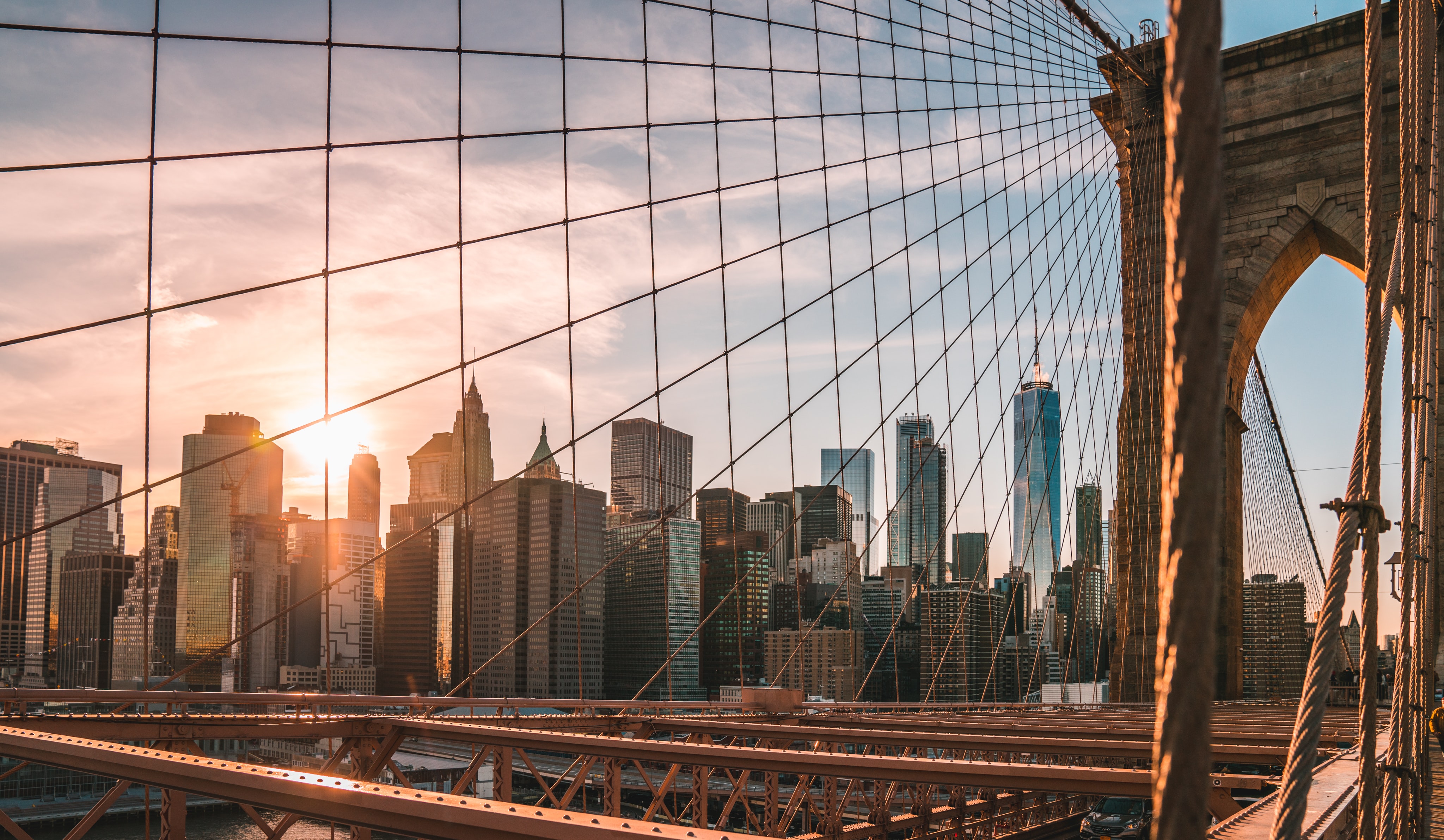
New York City was the first American city to experience the full impact of the COVID-19 lockdown. In the wake of COVID, NYC is a changed place. America’s most prominent city has lost some of the hustle and bustle that made it such an essential spot for tourism, industry, and culture.
While it is still the same Big Apple with the same mystique, many residents are left re-assessing their desire to live in such a massive, congested city. These changes have been heavily reflected in the real estate market.
New York City is dealing with the economic downturn that mass shutdowns and a global pandemic caused. According to the New York Times, the unemployment rate in NYC is 14%. Roughly one-third of the 240,000 small businesses in New York City may never reopen.
New York City is dealing with the economic downturn that mass shutdowns and a global pandemic caused. According to the New York Times, the unemployment rate in NYC is 14%. Roughly one-third of the 240,000 small businesses in New York City may never reopen.
As the tourism industry dwindles, the hotel occupancy rate in NYC sits at 39%, compared to a year before, when it was 95%. One in five New York City tenants didn’t pay rent in September, as concern mounts of mass-evictions. These stats all point to a grim economic outlook, and this has far-reaching consequences that stretch into the real estate market.
Many of New York City’s residents have left the city behind in the midst of the pandemic. Because of the high cost of living and worsening economic situation, for many, NYC has become untenable. This has led to an increase in vacancies, which has in turn led to a decrease in rental costs and property costs.
This hasn’t contributed to an increase in sales, as residential real estate sales are way down. According to the same New York Times report, in July, sales plummeted 40%, and in August, they were down 57%. According to Forbes, the median sales price for a condo/townhouse was down 24.3% as of September 1st.
While residential real estate has been hit hard by the pandemic, commercial real estate is also dealing with its own crisis. Because COVID has driven many companies to work from home, some companies are seeing office space as redundant.
Since it appears that many companies will maintain their work from home policy indefinitely, the commercial real estate industry might be facing a reckoning in a big city like New York with high rental costs. Compared to July of 2019, commercial real estate sales were down 28% in July, and in August, they were down 43% compared to August 2019.
Many residents of New York City are leaving the city, seeking somewhere with lower taxes, more space, and a cheaper cost of living. Two neighboring states are seeing the benefits of this migration, with Connecticut and New Jersey experiencing mini real estate booms coinciding with the exodus from New York.
In Connecticut, according to Patch.com, the market has performed beyond expectations, with some areas seeing sales prices increase by north of 10%. In New Jersey, the luxury real estate market is soaring as wealthy New Yorkers turn their eye outside of the city. According to a Bloomberg article, in May, contracts to buy New Jersey homes priced over $2.5 million soared 69% compared to May 2019.
While New York City is undergoing a lot of change, that doesn’t mean the shine has worn off the city. Taking advantage of the lower commercial real estate prices, Amazon, Google, Facebook, Tik Tok, Microsoft, and Apple have all invested in office space in NYC according to Forbes. Many experts predict that New York will bounce back. With cheaper and more affordable housing, once the vaccine arrives, NYC will become an option for younger people looking to experience the big city.
With massive businesses investing in commercial real estate, there will be job opportunities. New York City is a resilient metropolis that stands as arguably the world’s most well-known city. While COVID has set the economy and real estate market back, history has shown New York always bounces back.

